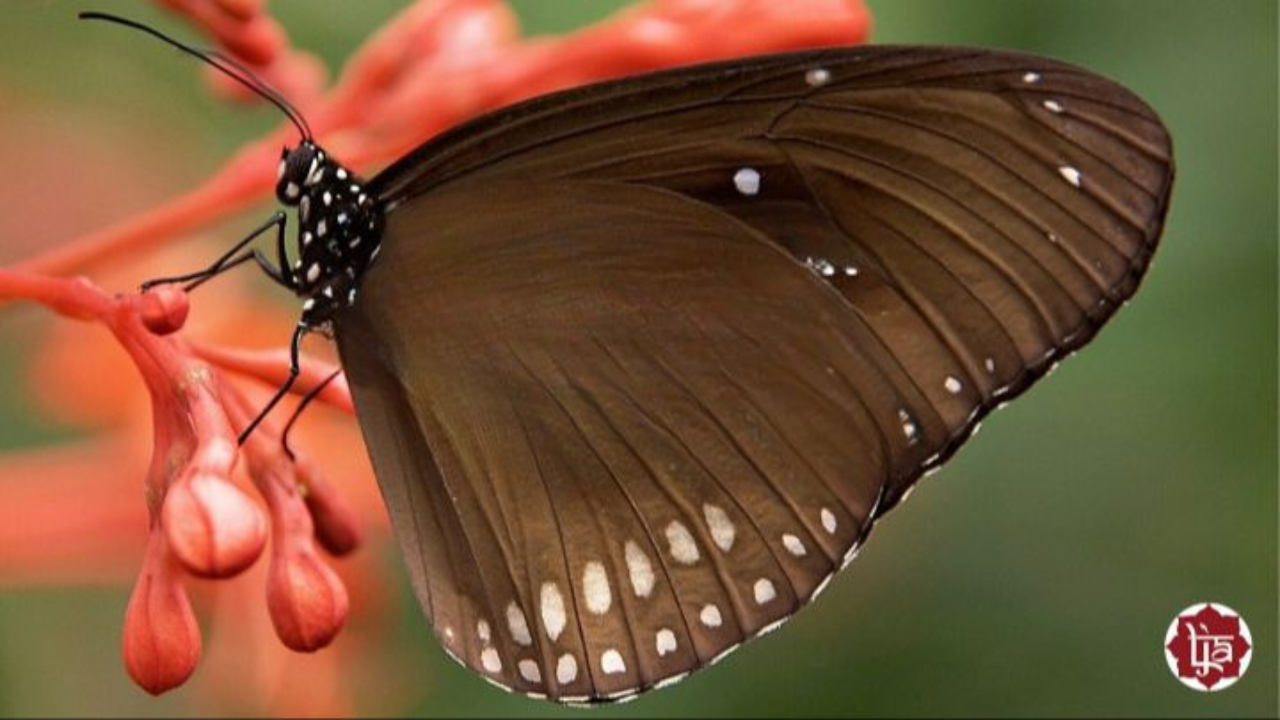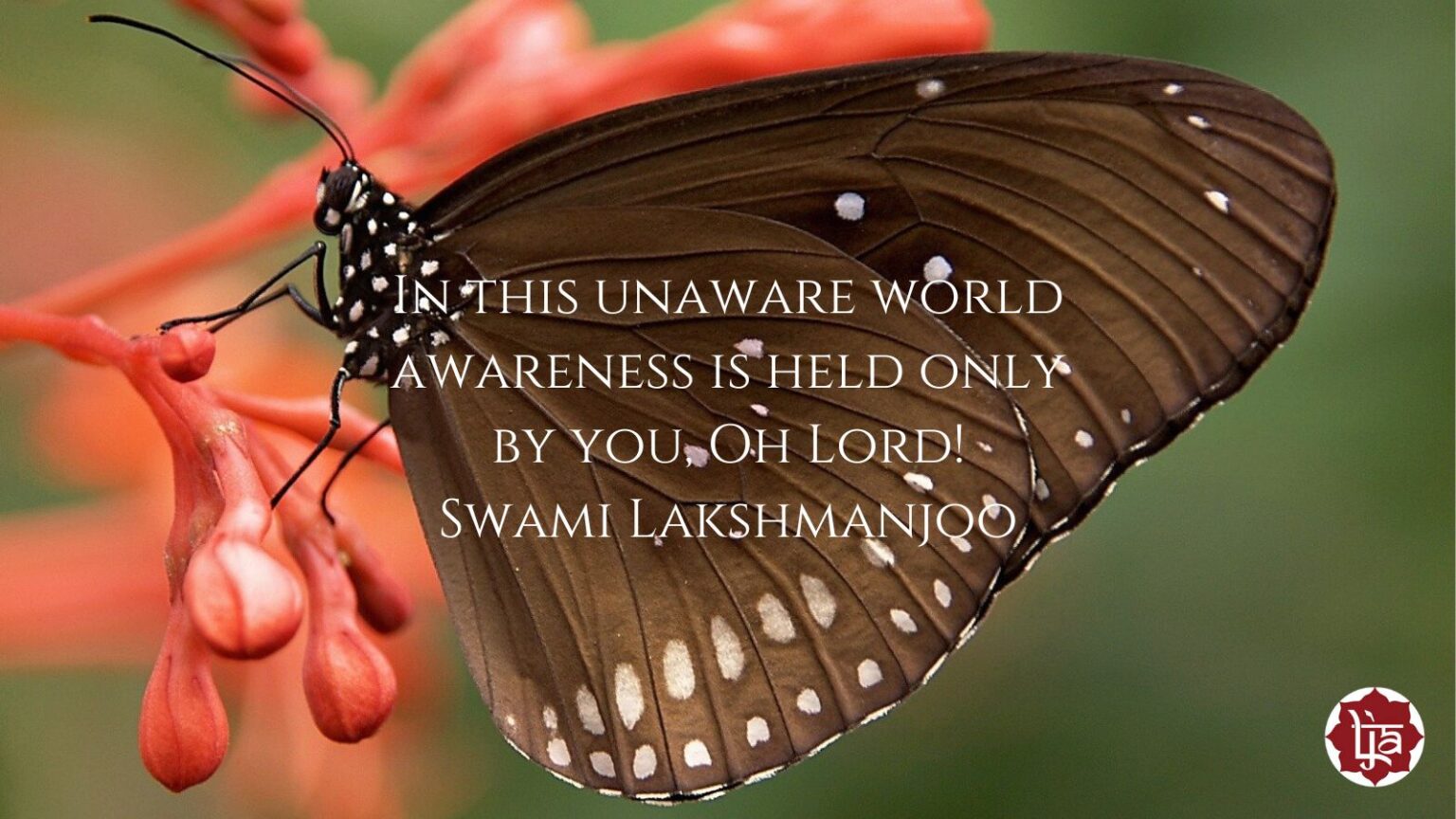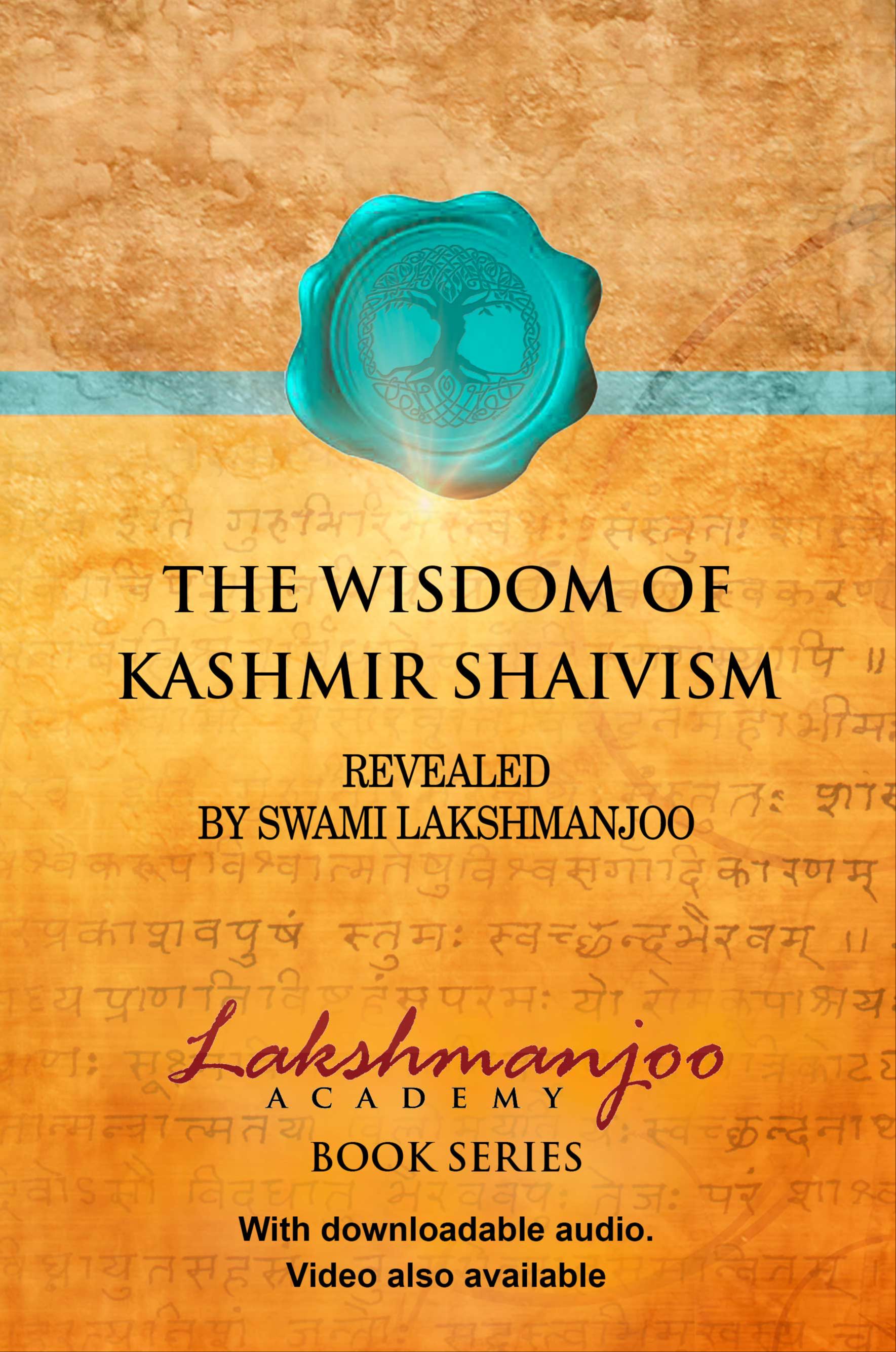
Excerpt of verse nine from the third awakening of the Shiva Sutras: The Supreme Awakening, by Swami Lakshmanjoo. This is a transcript of the audio not the text from the book.

idṛiśaścāyaṁ sarvadā svasvarūpa vimarśāviṣṭaḥ-
Such a yogī is always sitting and residing in his own nature, in his own real nature svasvarūpa vimarśa āviṣṭaḥ, in the consciousness of his nature. He is always residing in his consciousness of his nature.
For him . . .
nartaka ātmā // 9 //
. . . the dancer in this field of universal dance . . .
Do you know what universal dance is?
JOHN: This creation.
SWAMIJI: The creation, going, birth, death, joy, sadness, depression, joy, enjoyment, everything, whatever you experience in your life, that is the dance, that is the drama.
. . . in that drama, in that field of drama, the dancer is your own nature–nartaka ātmā–the one who dances in this field of drama, drama of universe, universal drama. Universal drama is drama for those who are aware of it. Who are not aware they are played in drama; they are played in drama. So, they get sadness they get enjoyment, they get joy, they get excitement they get depression. But those who are aware they are always high, elevated.
DEVOTEE: Spectators . . .
SWAMIJI: Those who are spectators. By spectating you must know that awareness is spectating; when you are aware of that.
The dancer is your own Self, there, in that drama of universe.
nṛyati, antarvigūhitasvasrūpāvaṣṭambhmūlaṁ tad tattajjāgarādi nānābhūmikāprapañcaṁ svapari spandalīlaiva svabhittau prakaṭayati iti nartaka ātmā /
Your own Self of universal consciousness is in fact the dancer because He dances. The dancing, what dancing means; he puts forth that explanation.
Antar vigūhita svasvarūpa avaṣṭambha mūlam, the dancer is that who conceals his real nature. When you conceal your real nature of your Being and reveal another formation of your being to the public, that is the dancer, that is the way of dancing.
[Swamiji gives the example of a professional dancer from Kashmir.]
Because when Mohammed Bhat is the real dancer and he appears as Lord Kṛṣṇa, he appears as Lord Śiva, he appears as a woman, he appears as a child, he appears as a silly fellow, in drama; so the real actual state of his being is concealed.
Where the actual state of his being is concealed and the superficial formation is revealed, that is antar nigūhita svasvarūpa avaṣṭambha mūlam. But it is concealed for others not for him. He knows that he is Mohammed Bhat, he is aware of his being Mohammed Bhat. At the time of becoming Lord Kṛṣṇa or Śiva or Mohammed he knows that he is really Mohammed Bhat in himself. He is conscious, he is aware of . . .
Gap in recording.
DEVOTEE: (Unclear . . . ?)
SWAMIJI: Yes.
I do not know what to say.
(Laughter . . . !)
I have forgotten because by these actions.
Because my connection of awareness was disconnected.
(Laughter . . . !)
How can I remember what I had to say?
Bhagavan Dass: The role of being Mohammed Bhat.
MOHAN: You were talking about that dancer Mohammed Bhat.
SWAMIJI: Dancer!
So, antar vigūhita svasvarūpa, although his svarūpa [real nature] is concealed to public, but avaṣṭambha mūlam in fact he knows that he is that fellow.
MOHAN: He knows his own self.
SWAMIJI: His own self.
Tattat jāgarādi nānābhūmikāprapañcam, actually he is filled with that awareness of universal God consciousness and he appears in waking state, he appears sometimes–I mean Lord Śiva, Lord Śiva is the dancer–and he appears in wakefulness, he appears in dreaming state, he appears sometime in the dreamless state, suṣupti, and so on.
Svaparispandalīlaiva svabhittau prakaṭayati iti nartaka, but he actually is playing like that. Actually this is his play; it is not his real action. Real action is his being in his own universal God consciousness in each and every diversion of revealing his nature, revealing his formation, differentiated formation.
At the time of revealing his differentiated formation in that state of jāgrat, wakefulness, there is diversion; he diverts his universal consciousness in the state of wakefulness. And at that state also he finds that he is playing.
Actually this is play, he is not becoming, he has not become. Although he has become, but he has not actually become jāgrat [wakefulness], he has not actually become svapna [dreaming state] or he has not actually become suṣupti [dreamless sleep]. He is already there in that universal God consciousness.
DEVOTEE: All this is his play.
SWAMIJI: So this is the play.
So this is what is called nartaka, the dancer, this is the way of dancer.
taduktaṁ śrīnaiśvāsadevī maheśvaranartakāhhye saptamapaṭale devī kṛtastave
It is the stotra, hymns, composed by Devī in Naiśvāsa Devī maheśvaranartakākhye, in Tantras in seventh chapter:
‘tvamekāṁśenantarāmā nartakaḥ kośarakṣitā //’
In one way, O Lord Śiva! You are antarātmā, you are actually residing in your own nature, but kośarakṣitā, but, your coverings are different, you have put another covering. One way of covering and that universal God consciousness appears as wakefulness. Another way of covering is put there, and you find that universal consciousness is not there, it is the state of dreaming, dreaming state; and it [next] is the state of dreamless, and suṣupti, and so on.
iti /bhaṭṭaśrīnārāyaṇenāpi–
Bhaṭṭanārāyaṇa also has said in his Śāstra Stavacintāmaṇi.
visṛṣṭāśeṣasadbijagarbhaṁ trailokyanāṭakam /
prastāvya hara saṁhartuṁ tvattaḥ ko’nyaḥ kaviḥ kṣamaḥ
(Stavacintāmanī 59)
O Lord Śiva! You have this whole germ of universal existence, this germ of this universal existence is existing in your own Self–this germ of universal existence–so from you this universe has expanded outside. The germ is there, the bīja, the seed.
And this is trailokyanāṭakam, this is from that seed you create the drama of the three worlds: drama of jāgrat, drama of svapna, drama of suṣupti; you create three ways of dramas from that point of that seed which is residing already in your real nature.
Prastāvya hara saṁhartuṁ tvattaḥ ko’nyaḥ kaviḥ kṣamaḥ, who else can do such acting to just create this drama and to withdraw it again. Prastāvya means just to create it, and saṁhartum is just to withdraw it again. You create this drama and you withdraw it again. It is the only way of your action of awareness.
DEVOTEE: Hara means, prastāvya hara?
SWAMIJI: Hara, O Lord!
Hara is āmantraṇam [calling, addressing]; āmantraṇa padam idam. Hara is āmantraṇam, sambodhana.
Understand?
DEVOTEE: Saṁyaktyā.
SWAMIJI:
iti / sarvāgamopaniṣadi śrīpratyabhijñayām
The Pratyabhijñā also says, the Pratyabhijñā śastra also says the same thing, which is the secret of all Tantras. The Pratyabhijñā, the way of recognition is the secret of all Tantras.
In that also it is said . . .
saṁsāranāṭyapravartayitā supte jagati jāgarūka eka eva parameśvaraḥ // (Pratyabhijñā – not recited)
. . . saṁsāranāṭyapravartayitā the creator of the drama of the universe . . . the creator of the drama of the universe is only in this universe filled with awareness in this unaware world, supte jagati, in this world that is absolutely unaware of what is existing in this universe. In this unaware world, the awareness only is held by you O Lord, because you are the creator of the drama of the universe. And you are unique, who is actually wakeful in the dreaming state.
Bas! [Enough.]
Now next time 10th sūtra will be explained, from 10th sūtra.
And next Saturday is a holiday.
. . . this is kośarakṣitā, he has put covering, and he takes good care of that covering for the time being because he has to maintain the drama of the universe. Otherwise this kośa has no meaning, this covering has no meaning; covering of wakefulness, covering of dreaming and covering of dreamless [state]–it has no meaning. The meaning only exists in that universal God consciousness.
DEVOTEE: He is guarding this; he is guarding all, whatever.
SWAMIJI: Protecting it for the time being.
|| End of text for sūtra 9 ||






